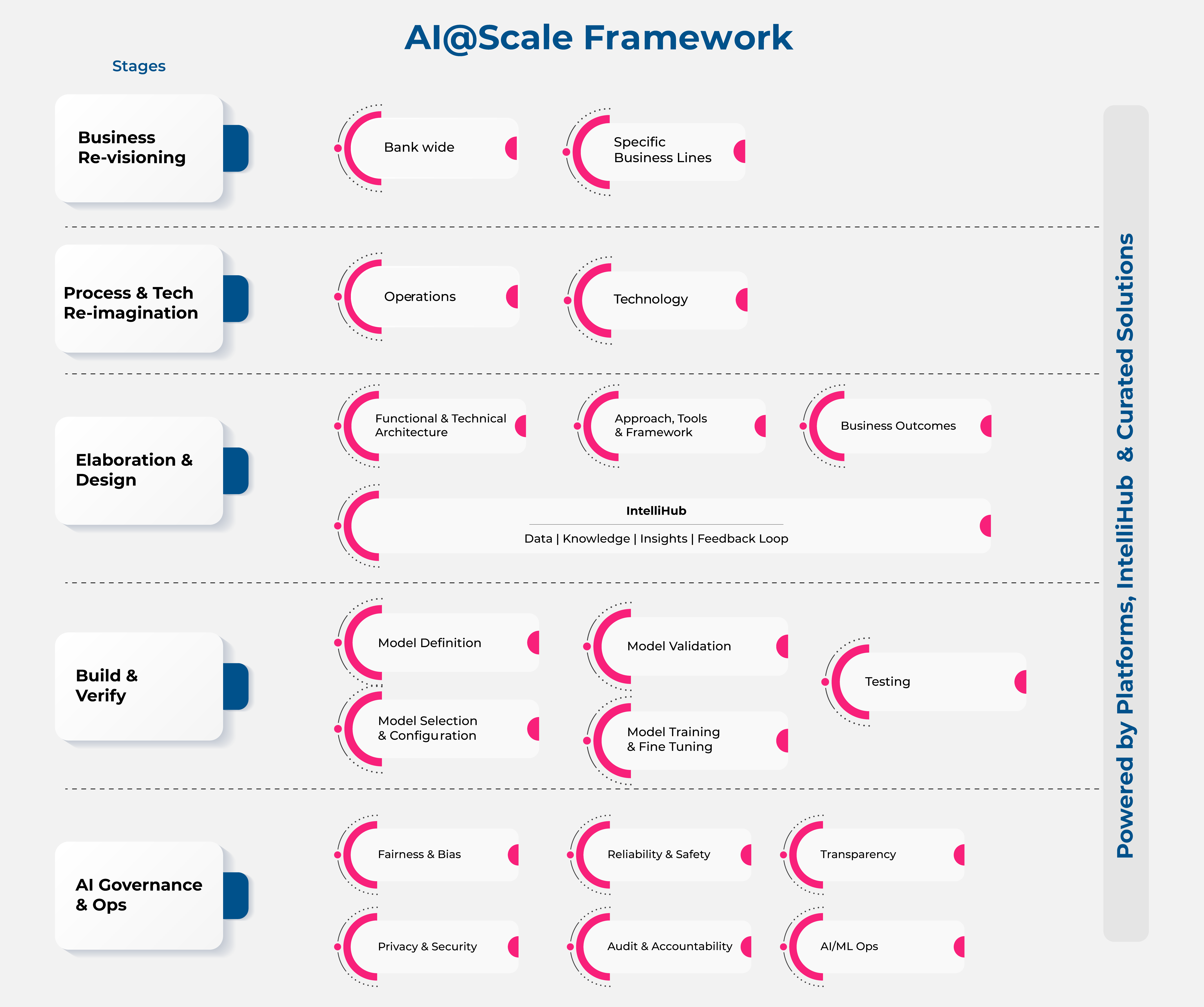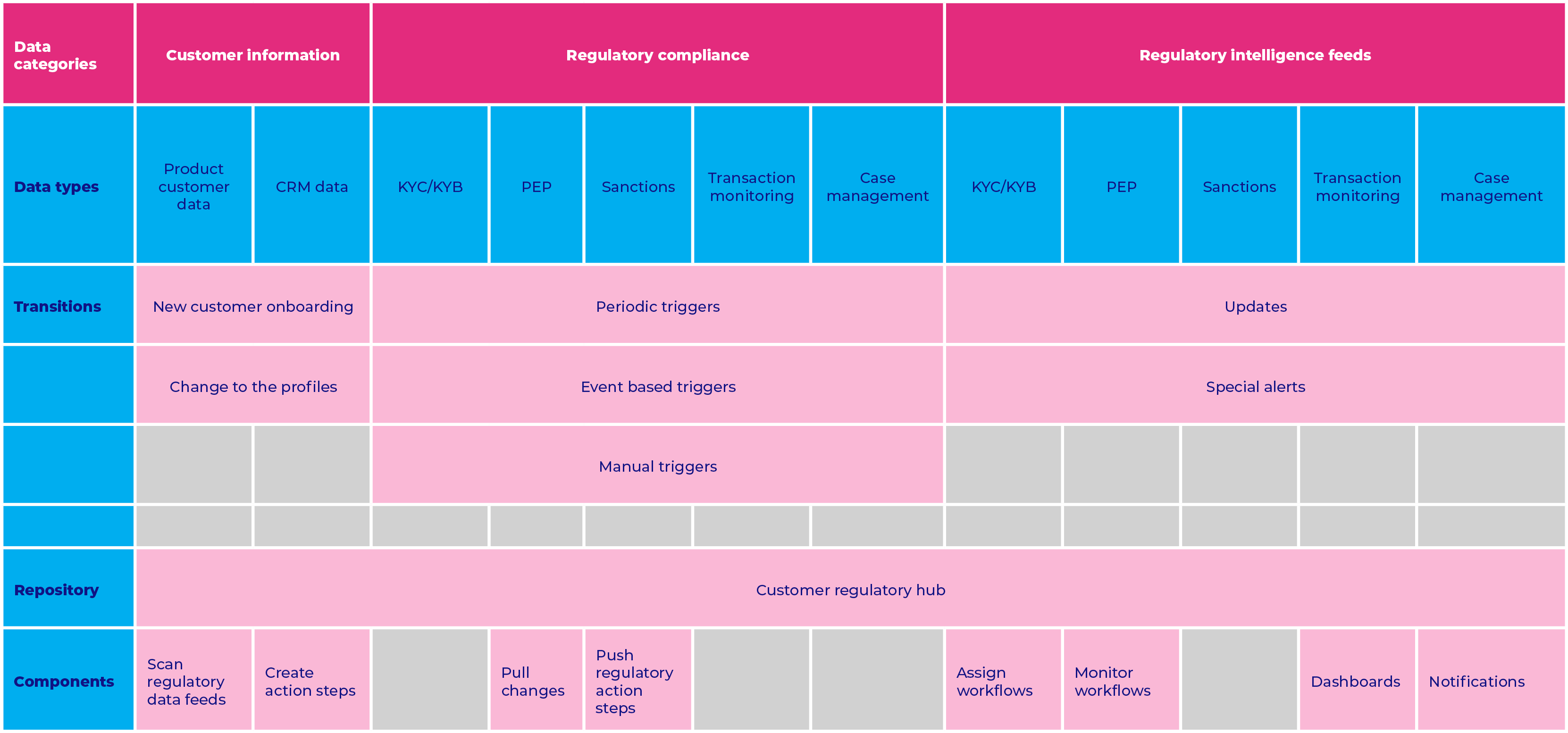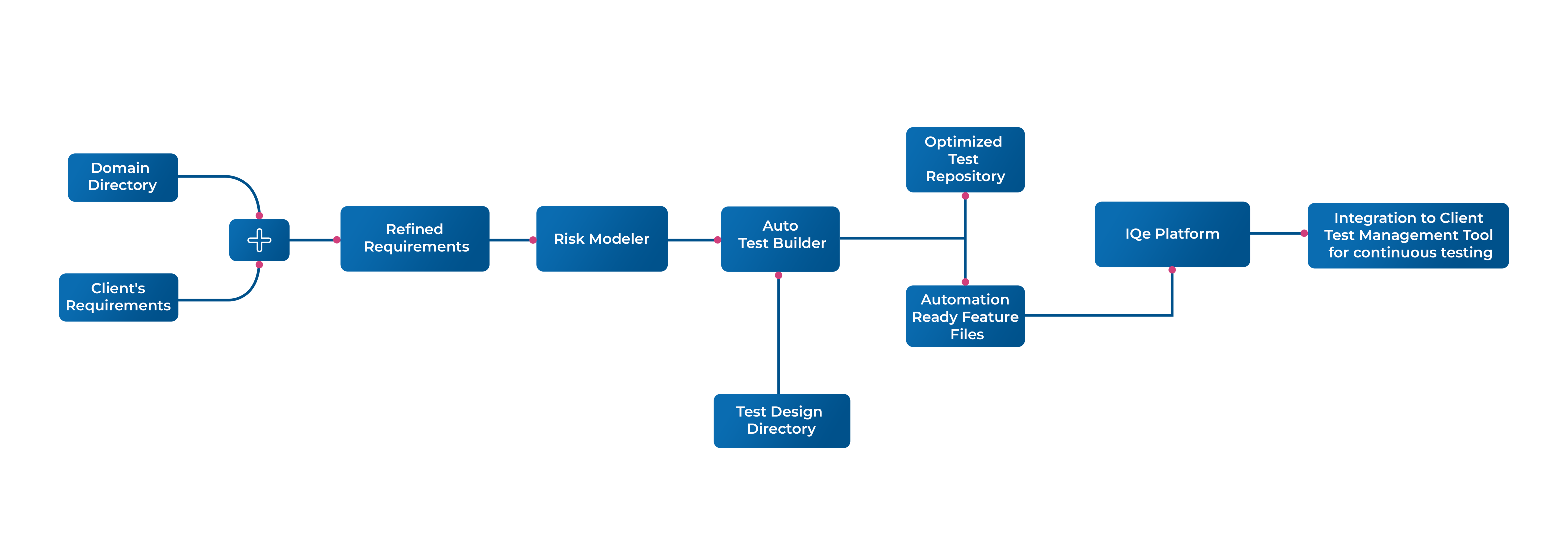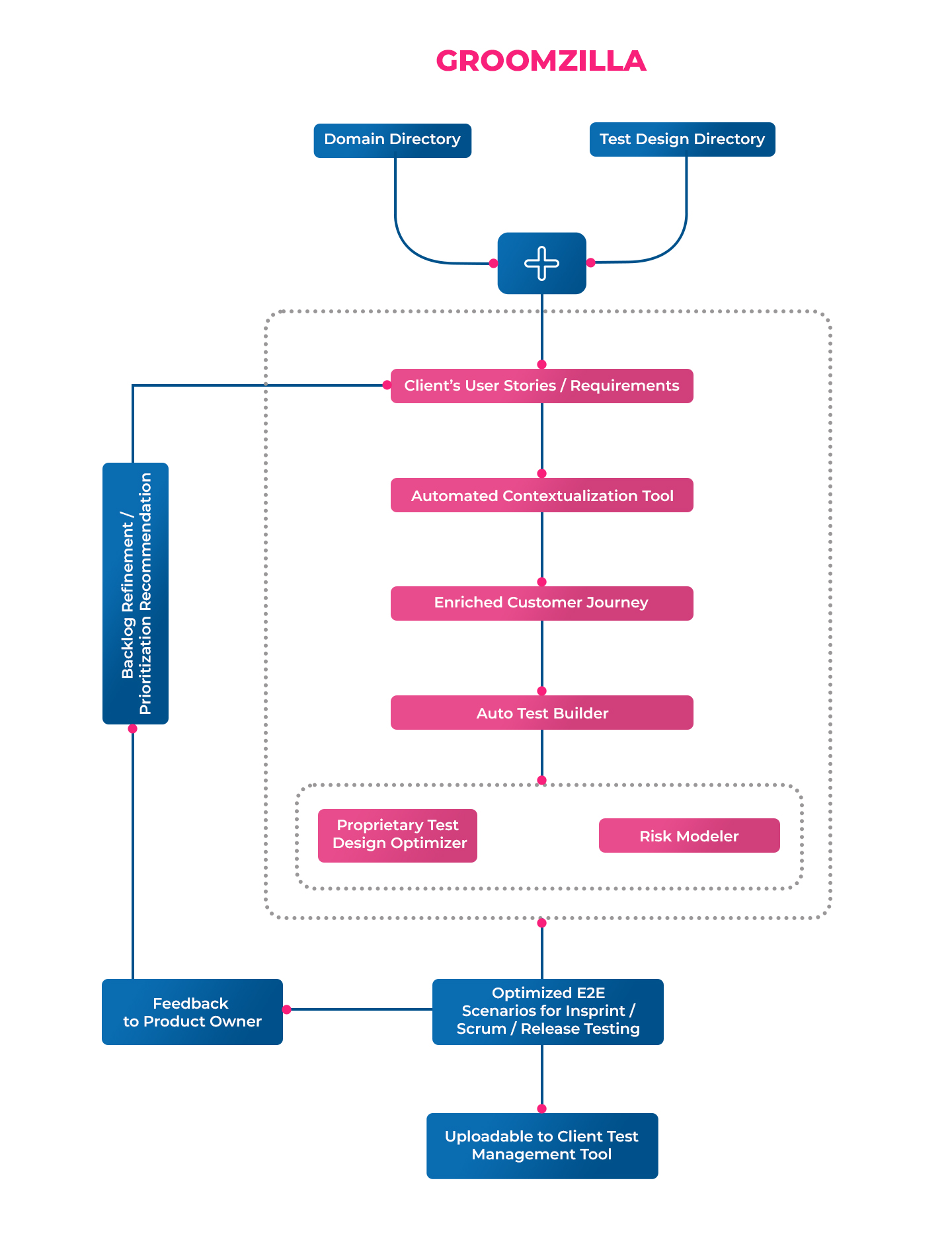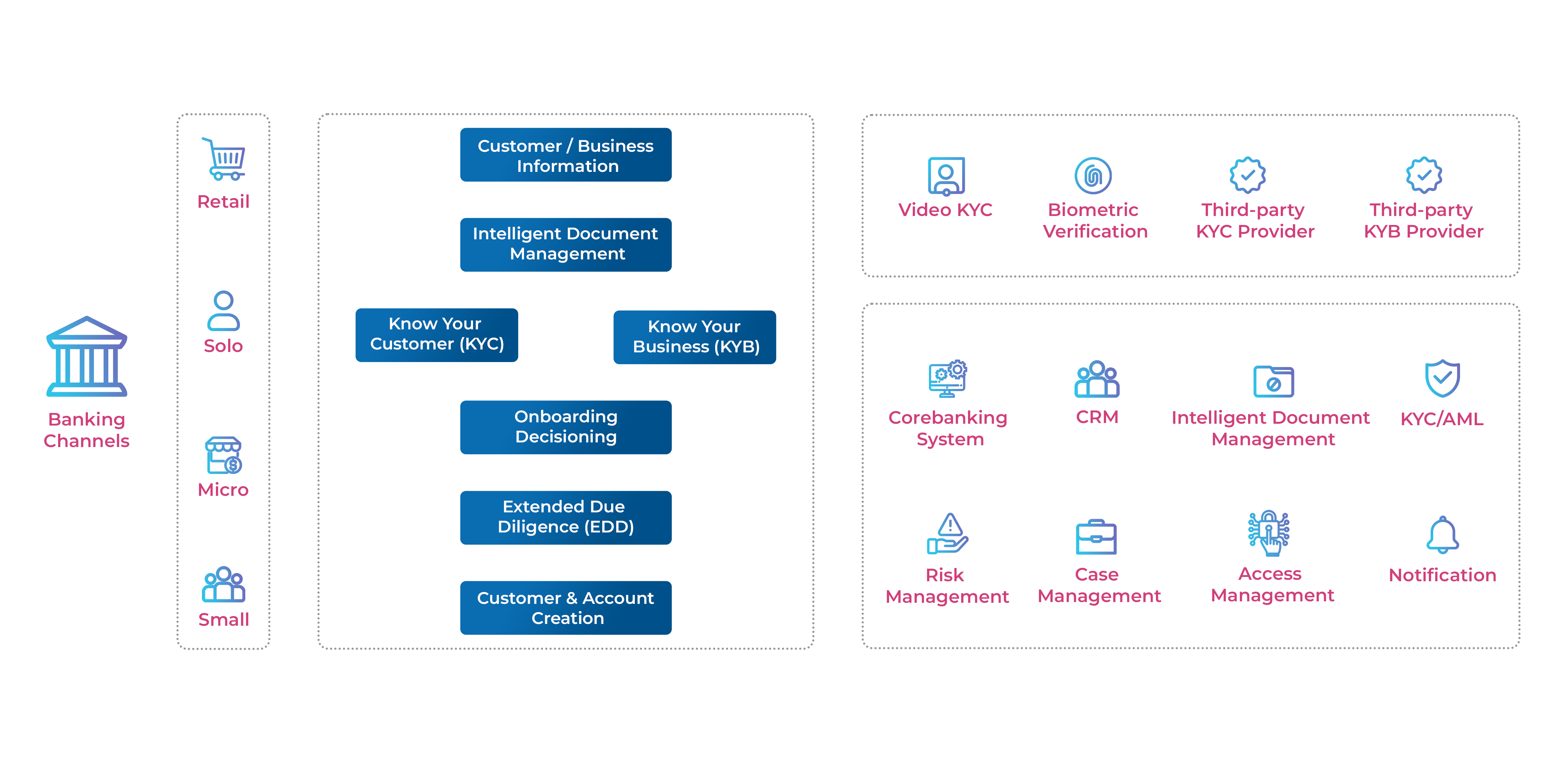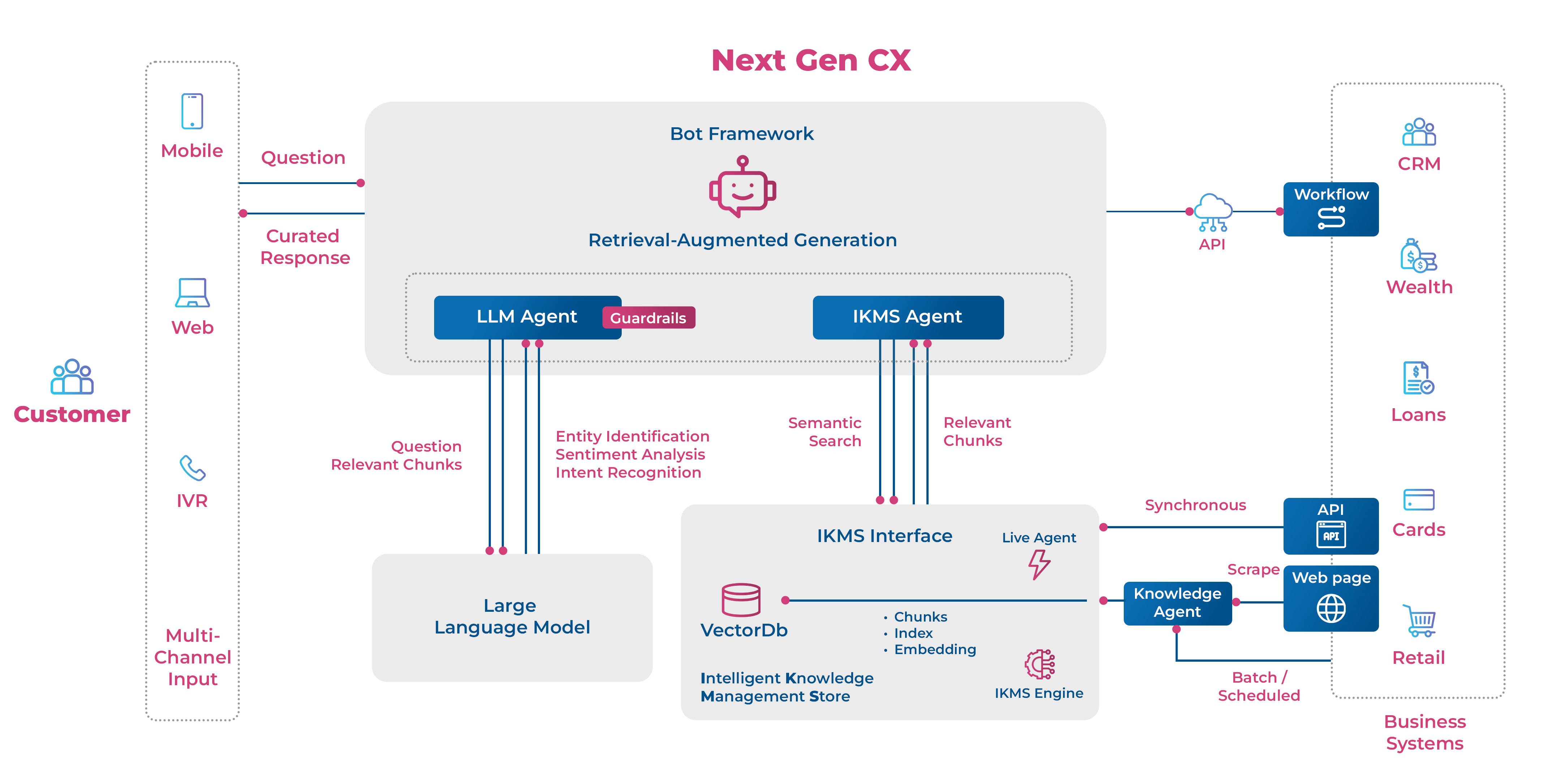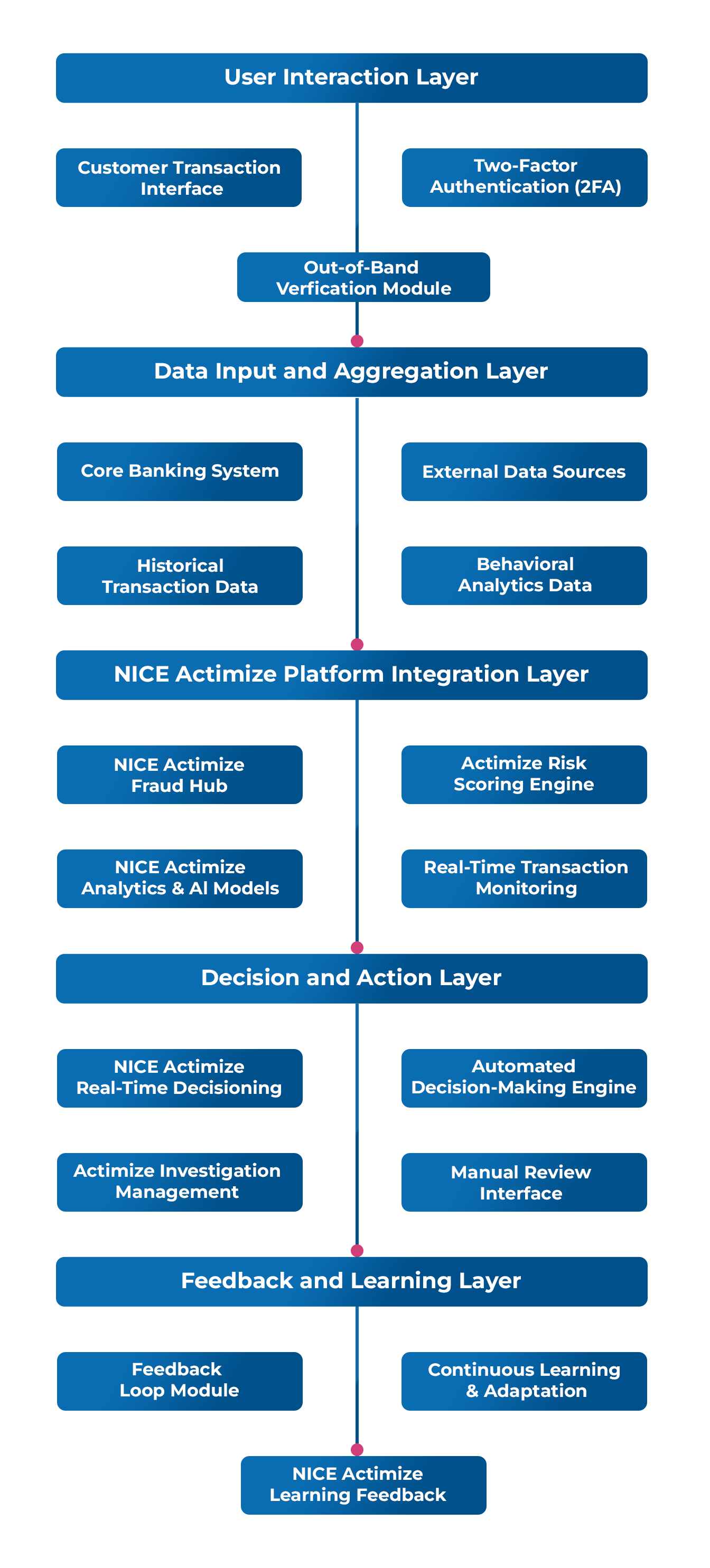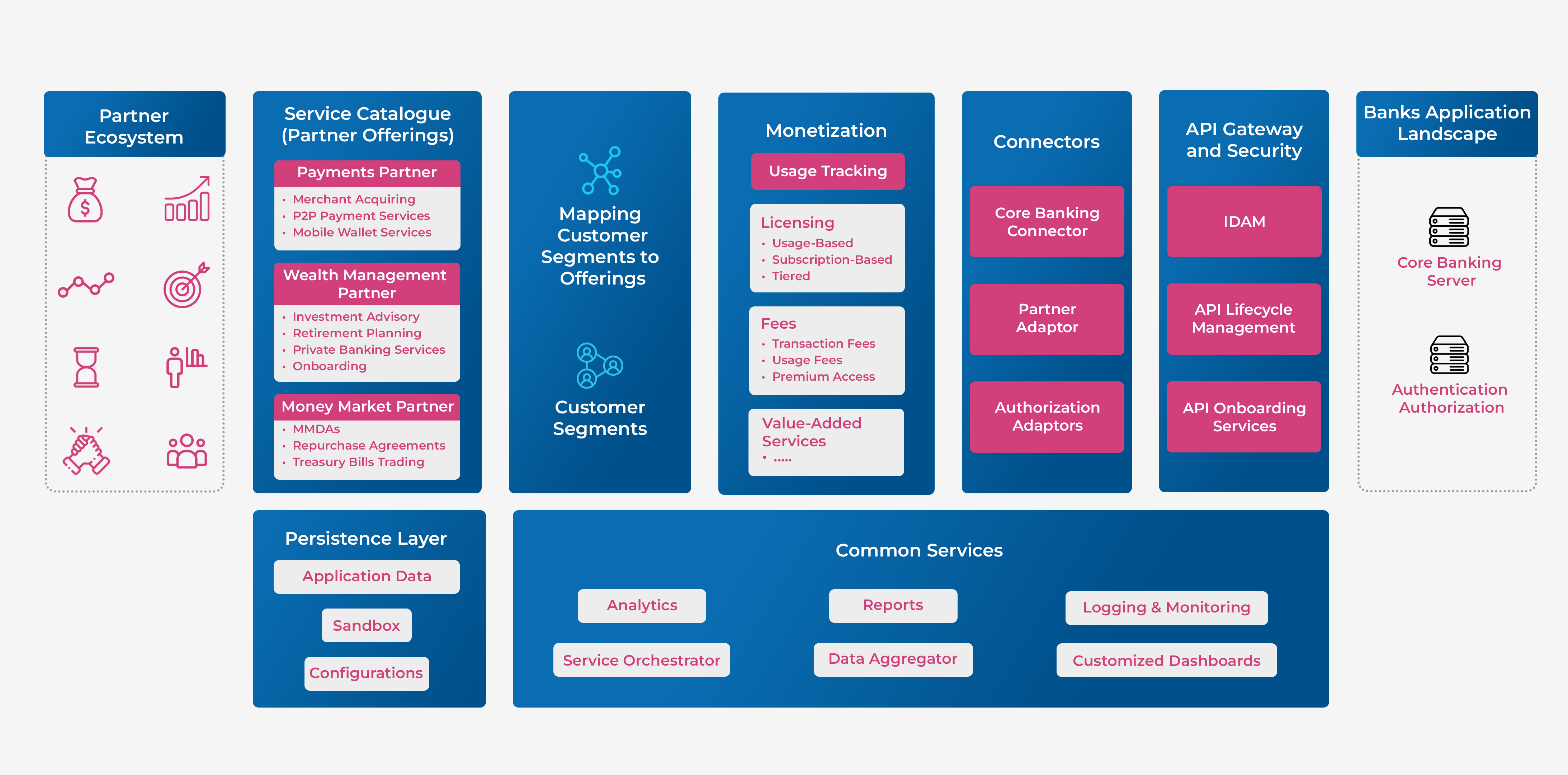As businesses increasingly adopt AI and Generative AI (GenAI) technologies, the SaaS industry is poised for further growth
The Indian SaaS (Software as a Service) industry is at the cusp of a transformative era, propelled by innovation, investments, and the integration of Artificial Intelligence (AI). Rohit Gajbhiye, MD & Founder of LEO1, highlighted the sector’s monumental growth, stating, “The Indian SaaS ecosystem has demonstrated remarkable resilience and innovation, attracting over USD 20 billion in investments between 2014 and the first half of 2024, with Bengaluru and Mumbai leading the way, securing 58 per cent of the total funding.”
As businesses increasingly adopt AI and Generative AI (GenAI) technologies, the SaaS industry is poised for further growth. GenAI alone is projected to attract USD 17 billion by 2030, underlining its potential to redefine how companies operate. Gajbhiye elaborated on the pivotal role of AI, cybersecurity, and cloud technologies, emphasising their impact on sectors like banking, financial services, and manufacturing. He remarked, “The opportunities are vast, and the next decade will be pivotal in establishing India as a global SaaS powerhouse.”
However, the shift towards an AI-driven digital landscape also brings heightened cybersecurity risks. Sunil Peter, Vice President, IT at Maveric Systems, stresses the growing need for robust measures like the Zero Trust Security framework. “In this framework, access is given based on strict policies and not inherent trust. This approach helps prevent unauthorized access and minimizes potential security risks by continuously verifying the identity and permissions of users and devices before granting access to resources,” he explained.
Case For Zero Trust Security
As organisations grapple with increasingly sophisticated cyber threats, Zero Trust Security has emerged as a cornerstone of modern cybersecurity strategies. Unlike traditional models that rely on perimeter defenses, Zero Trust continuously authenticates every user and device, ensuring that only authorised entities access critical resources. This approach is particularly crucial for SaaS companies, where sensitive customer data and mission-critical applications are hosted on the cloud.
Peter further emphasised the need for advanced threat detection technologies, like AI-powered systems, to safeguard against data exfiltration, impersonation attacks, and deepfakes. “AI simulates realistic cyberattacks and predicts potential vulnerabilities to help organizations stay ahead of cybercriminals. Machine learning models forecast future attack scenarios based on existing vulnerabilities, enabling businesses to take proactive countermeasures,” he noted.
Path Forward
As India’s SaaS ecosystem grows, driven by cities like Bengaluru and Mumbai, the convergence of AI and Zero Trust Security will play a decisive role in shaping the industry’s trajectory. Companies must focus on leveraging AI to address specific business use cases while adopting frameworks like Zero Trust to safeguard their operations and client trust.
The next decade holds immense promise for India’s SaaS industry, but realizing this potential hinges on how effectively businesses integrate innovation with security. By embracing AI, Zero Trust, and passwordless authentication, India is well-positioned to emerge as a global SaaS leader, setting benchmarks for innovation and resilience in the digital age.
Article Originally Published in BW Security World



